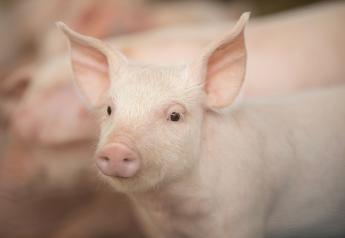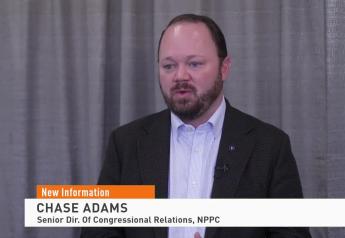Pigs Used in Stroke Treatment Research

Strokes are the No. 1 cause of long-term disability and the fourth leading cause of death in the U.S., according to Franklin West, associate professor in the College of Agriculture and Environmental Sciences. West is also the senior author of a study at the University of Georgia Regenerative Bioscience Center, where pigs play a pivotal role in helping researchers discover how people can be spared from the harmful effects of strokes.
In an article by Olivia Adams in The Red & Black, which produces the University of Georgia’s newspaper, West explains a lot of drugs designed to help stroke victims have made it to clinical trial. Few have been successful in human patients, however.
West and his team selected pigs due to the similarity of their brain anatomy compared to humans. Pigs have been commonly used in other areas of medical research, but they have never been used in stroke research prior to this, the researcher said.
He and his team also set out to do more than limit brain damage after a stroke occurs. Using stem cells, they wanted to look at the possibility of repairing the brain after the trauma from a stroke.
“A lot of the drugs that have made it to clinical trial mostly focus on just limiting the damage to the brain,” West said in the article. “With the stem cells, we not only want to limit the damage to the brain, but we actually want to repair and replace lost or damaged brain tissue. These stem cells actually secrete regenerative growth factors.”
In the study, which was published in the journal Nature’s Scientific Reports, when stem cells were transplanted into the model pig’s brain, significant improvements in white matter, brain metabolism and cell survival were observed.
According to West, improvements of that magnitude have never been seen before in a large animal model.
“[With the stem cell treatment], you are going to be able to grow the damaged regions of the brain back, and hopefully that will lead to better recovery.” West told the Red & Black. “A lot of people have a stroke and they still have motor function problems, like the inability to walk or maybe they cannot control their arms to feed themselves … By being able to replace the tissue, hopefully they can regain more of those kinds of functions.”
More study into the efficacy and safety in humans needs to be done before the stem cell therapy can be implemented in a clinical setting, but West believes if support of his research continues, patients could see the treatment become available in the next five years.







